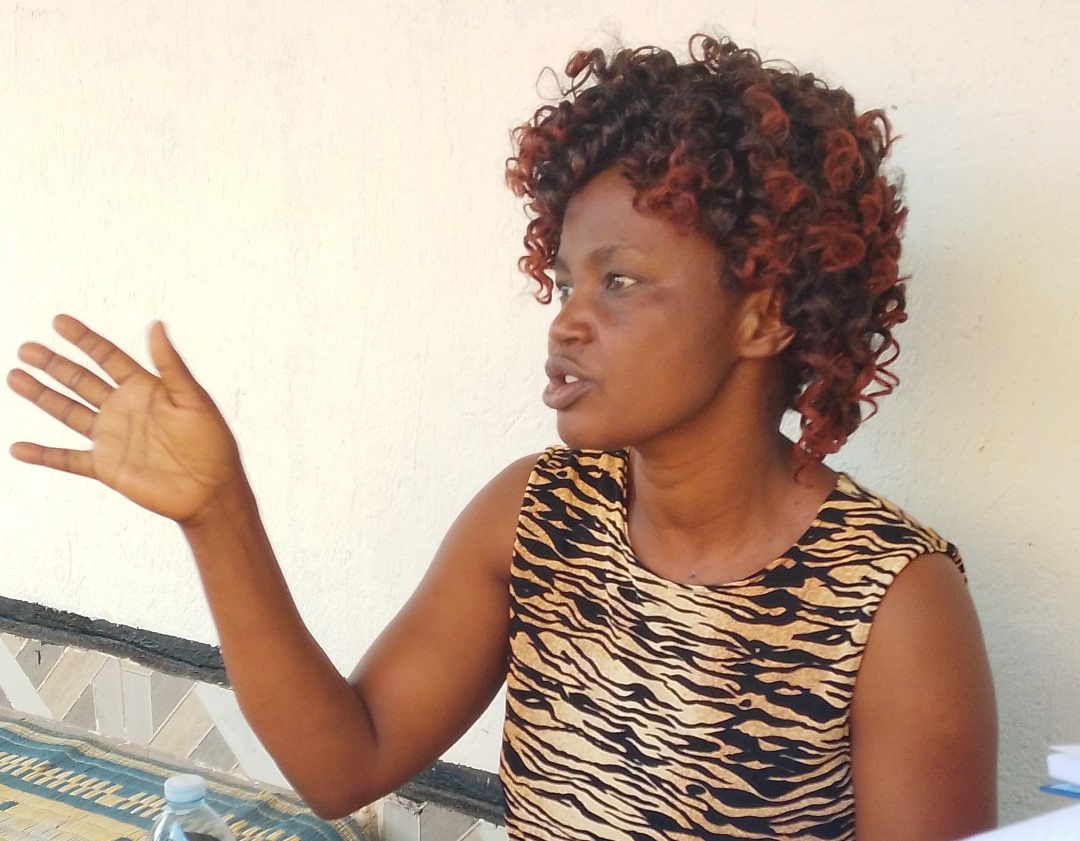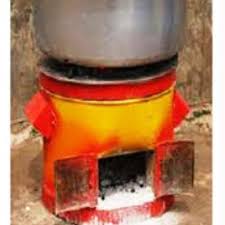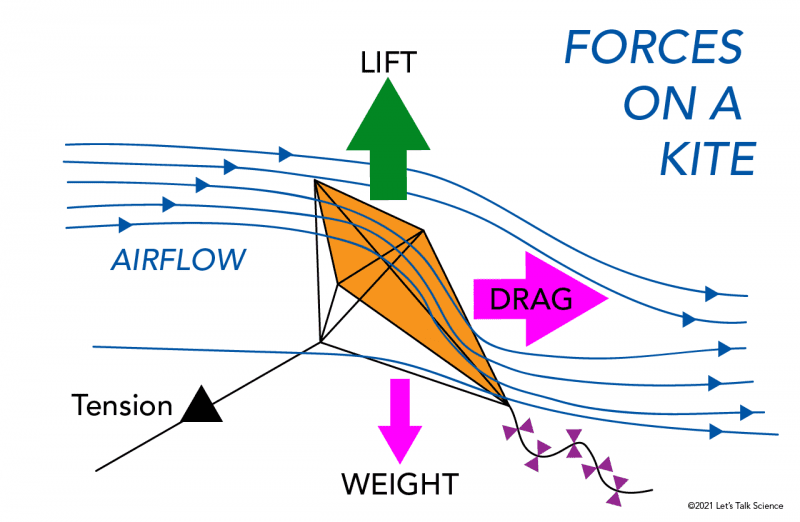Your cart is currently empty!
With insights from Mama NEEMA, Bukere Town’s GBV Counselor, uncovering the untold stories of men facing gender-based violence
By Christella LUMAMBA, Voices and Insights

Christella: As we begin our conversation, it’s clear that Mama Neema’s name often echoes through Bukere Town. In almost every dispute, whether during heated arguments or hushed discussions, we hear someone say, “I’ll report you to Mama Neema.” Even when people go for local arbitration, they’re advised to first seek her guidance: “Go see Mama Neema for counseling before you go further.” Now, some even say, “This time we’re taking it to the police; even Mama Neema has had enough of our complaints!” So, Mama Neema, can you tell us—what role do you play in our community that has everyone looking to you for help in times of conflict and crisis?
Mama NEEMA: In addition to my work with the Village Health Teams (VHT), where we bridge the gap in healthcare delivery between the community and health facilities in partnership with Medical Teams International and the Queen Elizabeth Foundation; my name resonates strongly within the Bukere community largely because of my role as a Gender-Based Violence (GBV) Counselor with ALIGHT, a nonprofit organization. Through this role, I work closely with individuals and families facing complex issues, guiding them towards solutions and providing critical support in times of conflict.
Christella: As someone deeply involved in addressing GBV within our community, we’ve occasionally heard that some men, too, experience gender-based violence. Is this claim grounded in real cases, or is it simply a misconception or community rumor?
Mama NEEMA: Yes, it’s true—men do experience GBV, and, regrettably, the number of cases is growing day by day. It’s a serious issue that deserves more attention and understanding within our community.
Christella: How would you compare the experiences of GBV between men and women? Could you help us understand whether the underlying reasons are similar or if they differ significantly for each group?
Mama NEEMA: The majority of GBV cases involve women as victims. When women mistreat their husbands, it often stems from misunderstandings about women’s rights—where these rights are sometimes confused with rigid authority or an exaggeration of minor disagreements. This confusion can lead some women to interpret cultural norms in ways that reinforce a sense of being undervalued compared to men.
On the other hand, when men abuse their female partners, common reasons include issues like alcoholism, poverty, and homelessness. Many abusive partners struggle with joblessness or lack the willingness to seek work, and the stress from the hardships of refugee life can exacerbate these behaviors.
Christella: Do men who experience GBV typically come forward and report these incidents effectively?
Mama Neema: Most men feel uncomfortable discussing or bringing to light the fact that they are being abused by women. In some cases, relatives or friends may report on their behalf, but we encourage men to take an active role in their own reporting to ensure that counseling is genuine and effective. Unfortunately, some men confine their experiences to their church communities, particularly among born-again congregations, which can limit their support options.
Additionally, there are instances where the situation becomes dire, such as when children come forward to report that they are in trouble because their father has abandoned them due to their mother’s abusive behavior. These cases highlight the complexities of GBV and the urgent need for comprehensive support for all victims, regardless of gender.
Christella: Is the issue of GBV faced by men taken seriously enough by refugee service NGOs that address violence?
Mama NEEMA: GBV experienced by men is often overlooked and not taken seriously by refugee service NGOs. This neglect highlights a significant gap in support and resources for male victims of violence.
Christella: What advice would you give to refugee service NGOs regarding the issue of GBV experienced by men in the refugee community?
Mama NEEMA: Refugee service NGOs dealing with violence and human rights need to recognize and address GBV affecting both genders, ensuring that their services are tailored to meet the needs of all victims. It’s also crucial for them to understand that both types of GBV have significant implications for children’s rights and welfare, as these issues can profoundly impact the well-being and development of the next generation.
Christella: What personal advice would you offer, not just as a GBV counselor, but as a refugee woman, mother, and wife, to fellow women refugees who find themselves abusing their husbands?
Mama NEEMA: Family peace should be a priority for all of us, especially as refugees striving for resilience in challenging circumstances. When you cause trouble for your partner, you are ultimately hurting yourself. The concept of karma is real; it will catch up with you, and your partner will witness the consequences of your actions.
We’ve seen clear examples where no one can inflict suffering on their partner without facing repercussions. Remember, your children are observing your behavior, and they will reflect on it in the future. Those who abandon their partners and children often find that the very ones they left behind eventually thrive, while they return in vain to apologize for their past actions. My dear, karma is a powerful force, and many of us have witnessed its effects firsthand. Choose kindness and understanding; it will benefit not only your relationship but also the well-being of your family.
Christella: Thank you so much for your valuable contributions and dedication to the community, especially for supporting Youth Skills IQ by agreeing to participate in this interview! Your insights are greatly appreciated.
Mama NEEMA: I’m the one who should be thanking you! It brings me comfort to see young people like you striving for the well-being of your community. I encourage you to mobilize your fellow youths about GBV so that when they enter into marriage, they can build harmonious and resilient families. Your efforts truly inspire us, and it’s uplifting to see young people actively engaged in these important issues. May the Almighty bless you all abundantly!
Christella LUMAMBA, Voices and Insights


-
Youth and Finance Series #3: The Parable of Tamaa and Mnyenyekevu
-
Understanding Mental Health Conditions in Refugee Contexts (Part III): Case Studies I & II
-
Understanding Surface Tension
- Energy Essentials: Youth in a Power-Driven World/Manzi BIRAGUMA, Real-World Physics/Claude TUYISHIME
Turning Solid Waste into Gas for Home, Industrial, and Vehicle Fuel Use
-
Youth and Finance Series #2: Mastering the Art of Budgeting
-
Youth and Finance Series #1: The Saving Mindset
-
Understanding Mental Health Conditions in Refugee Context (Part II): Depression
-
Understanding Mental Health Conditions in Refugee Contexts (Part I): PTSD
-
Youth Mental Health Matters
-
Using Energy Sustainably in the Community

Powering Our Future: Exploring Energy Sources and the Journey to Sustainable Solutions

Mastering the Wind: How Air Resistance Shapes Our World
6 responses to “INTERVIEW #0001: Breaking the Silence, Men Can Be Victims of GBV Too – A New Reality for Kyaka II”
WELL DONE CHRISTELLA
So grateful Madam!
Good work. For sure men are so suffering a lot because of their spouses. Unfortunately men feel ashamed to go to report their wives. We thank this brave woman who many times support men with GBV problems. Well done Christella and all the team because in this days men are in danger situation
We should surely not overlook anyone’s suffering. We have to lift each other to shine together!!!
Keep supporting us Sir!! thanks for advice and constructive comments!
We young generation should build the world 🌍 different from the past in terms of underlooking human rights

Leave a Reply